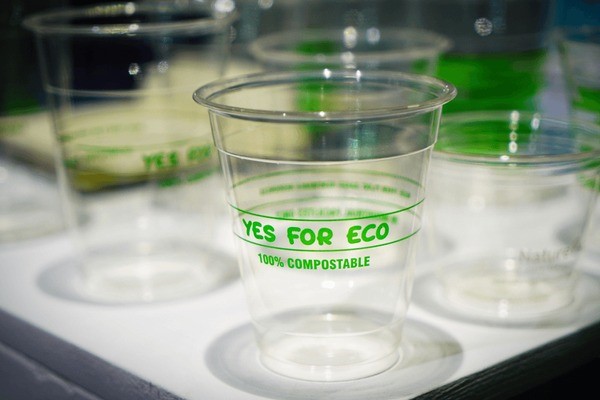
BASED ALTERNATIVES OF MOST USED PLASTICS
The 6 most commonly used plastic types, as listed by Plastic Ocean, are:
- Polyethylene Terephthalate
- High-Density Polyethylene
- Polyvinyl Chloride
- Low-Density Polyethylene
- Polypropylene
- Polystyrene
Today, several bio-based alternatives are being researched and trialed due to their renewable sourcing and potential for reduced environmental impact.
In the blog, we will list some promising, tested alternatives that can effectively replace traditional plastics in the future.
-
Bio-Polyethylene (Bio-PE)
Polyethylene made from biomass (bio-PE) is produced in Brazil from GMO-free sugar cane. The GMO-free sugarcane is used to synthesize bio-ethanol.
The only significant producer of the material is the company Braskem with a production capacity of approximately 200,000 tonnes annually. Currently, about 30 variants of the types HDPE, LLDPE and LDPE are produced.
-
Bio-Polyethylene Terephthalate (Bio-PET)
PET consists of 30 percent monoethylene glycol (MEG) by weight. For bio-PET, MEG is produced from renewable raw materials from plants instead of fossil raw materials.
Bio-PET is also made using ethanol from sugar cane from Brazil.
Coca-Cola sells a bottle produced partly from plant-based raw materials under the name PlantBottle™. By mass, the bio-based percentage is between 14 percent (with 25 percent recycled PET in the PlantBottleTM PET).
-
Polylactic Acid (PLA)
Polylactic acid foams can be used as an effective substitute for polystyrene foams.
Polylactide (PLA) is produced by polymerising lactic acid obtained from raw materials containing starch or sugar.
The largest manufacturer, NatureWorks, produces PLA from genetically modified maize in Blair (USA).
-
Bio-Polypropylene (Bio-PP) and Bio-Polyvinyl chloride (Bio-PVC)
Bio-PP and Vio-PVC are both currently under development. Renewable feedstock sources being tested for these bioplastics include plant oils, biomass and plant-derived ethylene.
Many other renewable sources such as corn, sugar beets and agricultural waste are being studied for their properties as feedstock.
Finding direct replacements for plastics in packaging can be challenging due to their unique properties and widespread use.






